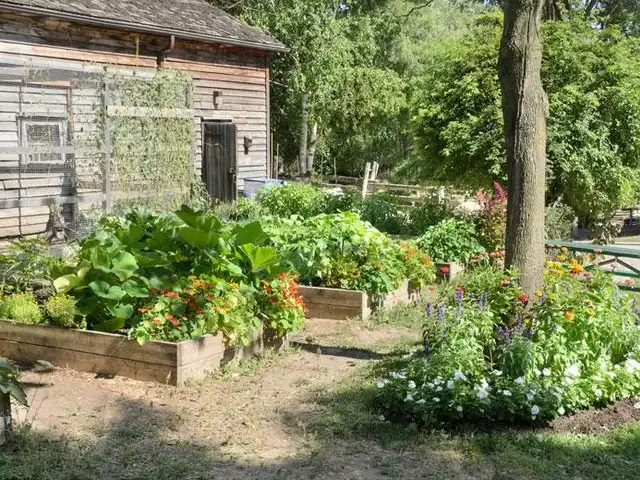
Don’t let a tight budget stop you from growing your own vegetables and plants. You might feel pressured to buy new equipment and materials, but you already have everything you need to start a garden.
Find out how to stretch your budget without compromising your garden’s health…
1. Start from seed
It’s cheaper to grow plants from seed, but it might not seem like it when you’re just starting out. Buying all those seeds for your first cycle can be expensive, fortunately, you can save a couple of bucks by starting small.
Collect seeds from your store-bought vegetables, talk to your neighbours about starting a seed-swapping group and rope in friends and family too. You can also discuss buying seeds together and splitting the costs equally.
2. Only grow what you need
By growing only what you use, you’ll be able to cut down on gardening costs. The idea is to make a list of your family’s favourite fruits, vegetables and herbs before planting anything in the garden. Don’t overdo it in terms of quantity – you only need so many tomatoes and carrots.
3. Make your own composting
By composting waste from your kitchen and garden you can provide the essential nutrients needed to improve soil quality.
To create your own compost heap, set aside food scrapes and waste from your kitchen, including coffee grounds, tea bags and egg shells.
If available, you also want to collect all the organic material like grass clippings and plant trimmings from your garden, and include brown material such as cardboard, newspapers, brown paper, saw dust and wood shavings.
With the cold weather approaching, you want to help the composting process along by shredding the material. The smaller the pieces, the shorter the decomposing process will be.
4. Mix your own weed and insect killers
Think natural remedies when it comes to weed and pest control.
Many of the ingredients you need to create chemical-free products are already in your cupboard. You can use undiluted vinegar or baking soda on weeds and mould. To do this, either spritz the vinegar or sprinkle the baking soda directly onto the leaves. You can also sweep it into the cracks in your paving to stop weeds in their tracks.
To safely deal with garden pests, crush some eggshells and scatter them around and under your plants. The shell’s jagged edges will keep bugs like snails and slugs at bay.
If you’re dealing with determined insects like aphides, make your own blend of pesticide using 11/2 teaspoons of dishwashing liquid and a litre of water. Shake the solution to create a soapy spray, and spritz this directly onto the insects.
5. Recycle and upcycle
The best way to lower your water bill is to start collecting grey water and rain water. Ideally, you want to set up a system for the garden but if you’re working on a tight budget, you can simply collect the water in a bucket.
You can also save a buck by recycling and upcycling everyday household items that can be used as plant containers.
With a bit of imagination, you can turn just about anything, including yoghurt and ice-cream containers, old Wellington boots, plastic bottles, crockery, galvanised buckets, etc. into garden planters.
Just make sure that you can drill holes into the bottom of your chosen container for easy drainage. – Katlego Sekano
Article courtesy of Property 24
Author: Property 24

